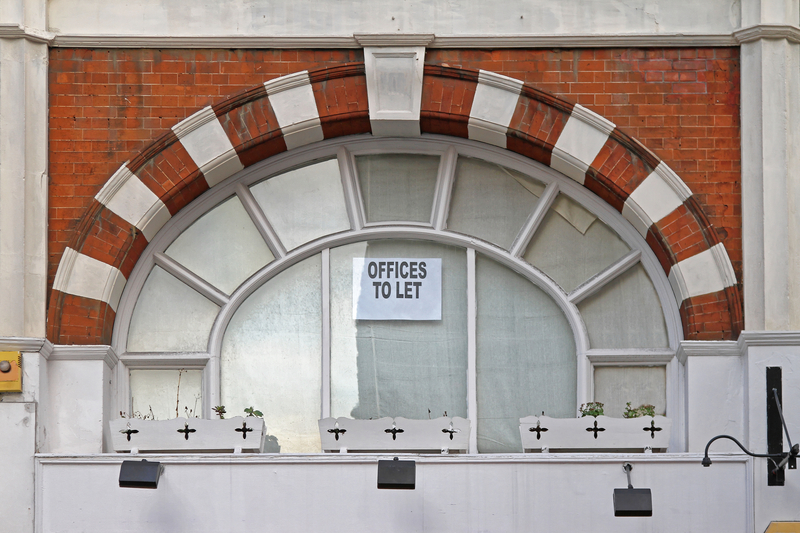
Photo: Baloncici | Dreamstime.com
New coalition to turn empty spaces into affordable homes
12 October 2021
by Sarah Wray
A new cross-sector coalition will create a toolkit for repurposing vacant spaces as good-quality social housing in the UK and Europe.
The Empty Spaces Coalition has been brought together by charity Habitat for Humanity Great Britain (GB) and investment firm M&G. Launch members include DJB Law, insurance exchange Lloyds of London and organisations such as the Empty Homes Network, End Youth Homelessness and Action on Empty Homes. Housebuilder Miller Homes and building materials supplier Wienerberger are also among those on board.
The coalition will run pilot projects and research and create practical resources for converting empty properties into homes, addressing legal issues, finance and design. The effort also aims to galvanise investment from the private sector and other donors to support the funding of conversions.
Tum Kazunga, CEO at Habitat for Humanity Great Britain, told Cities Today that the initiative could help councils, housing associations and other providers deliver more homes and meet the needs of groups such as vulnerable young adults, homeless people, refugees and women escaping domestic violence.
He commented: “This coalition will be a huge step in our fight against housing poverty in the UK and across Europe. This is an issue that has been exacerbated by the economic impact of COVID-19 resulting in a high number of job losses, loss in income and an inability to rent. 70,000 households became homeless since the pandemic began in the UK.
“By joining our efforts into resolving this crisis, we hope to bring more affordable homes for communities in need and to create new opportunities for businesses, local authorities and NGOs to increase their presence in specific projects.”
Scaling success
Programmes in London, Edinburgh and Warsaw will serve as a starting point.
For example, Habitat for Humanity GB has carried out pilots with the London Borough of Barking and Dagenham to refurbish empty, dilapidated flats to house families. The charity also partnered with The West Kent Quakers, Tunbridge Wells Borough Council and West Kent YMCA to repurpose space in the Quaker Meeting House, providing nine flats for young people alongside meeting facilities.
The coalition aims to scale approaches such as these as well as retrofitting work in Eastern Europe, and is calling for more local authorities to take part.
Kazunga said: “When it comes to making this a better product, input from councils is of course really important and vice versa: they’ll have access to all the coalition members as well.”
He added: “Because we’re a charity, we can actually raise grants to test and fund some of these approaches.”
The coalition’s formation reflects several intersecting trends in cities in the UK and elsewhere, including an affordable housing shortage and homelessness, a pandemic-induced increase in vacant commercial and high street properties, and a push to make buildings greener through retrofits to meet emissions reduction targets.
Standardised approach
Earlier this year, Habitat for Humanity GB and M&G released a research paper which found that around 19,500 homes could be created from vacant spaces owned by local authorities and a further 165,000 empty privately owned commercial and business premises could help to create additional housing supply.
The Local Government Association has warned that office blocks left empty following the pandemic risk being turned into “substandard” housing due to rules allowing developers to carry out conversions without planning permission.
Kazunga said Habitat for Humanity’s mission is that everyone deserves a decent, safe and affordable place to live.
“One way we ensure that this is happening is to circulate a set of standards for accommodation and we will look to include these standards in the toolkit we are developing,” he said.
“We would expect any partner to meet or exceed these standards and also for the accommodation provided to be managed in such a way that it can easily be described as decent and safe. Affordable means rents should be affordable via housing benefit or similar.”
Image: Baloncici | Dreamstime.com











